Fentanyl Crisis in Phoenix Emerges
April 20, 2023
In recent years, the city of Phoenix, Arizona has been grappling with a devastating opioid epidemic, fueled by the widespread abuse of a potent synthetic opioid called fentanyl. While the crisis has affected individuals of all ages and backgrounds, it has been particularly ruinous for teens and young adults, who are often more vulnerable to the drug’s deadly effects. Fentanyl is a synthetic opioid, typically fentanyl-laced fake prescription pills that are up to 50 times more potent than heroin and can be lethal in extremely small doses. This has led to a surge in overdose deaths, with fentanyl being responsible for a growing number of fatalities each year. According to the Arizona Department of Health Services, fentanyl was responsible for nearly half of all opioid-related overdose deaths in the state in 2020. In Maricopa County, there were 1,635 overdose deaths in 2020.
The crisis has taken a particularly heavy toll on young people in Phoenix. According to a report from the Arizona Republic, there were 90 fentanyl-related deaths among people ages 15 to 24 in Maricopa County in 2020. Many of these deaths are the result of accidental overdoses, with young people often unaware that the drugs they’re taking are laced with fentanyl.
In addition to the tragic loss of life, the fentanyl crisis has also had a devastating impact on families and communities. Parents and loved ones of those struggling with addiction are left feeling helpless and overwhelmed, and many communities are struggling to provide adequate resources and support for those in need. Healthcare providers and first responders are struggling to keep up with the demand for services. The crisis has put a strain on public resources with emergency departments and morgues overwhelmed by the number of overdose cases. Efforts to address the crisis are ongoing, but progress has been slow. The state of Arizona has implemented a number of initiatives aimed at reducing opioid misuse and overdose deaths, including the distribution of naloxone, a medication that can reverse the effects of an opioid overdose. However, more needs to be done to prevent the flow of illicit fentanyl into the state and to provide support for those struggling with addiction. It is important for communities to come together to raise awareness about the dangers of fentanyl, prevent young people from getting into this treacherous drug, and provide resources and support for those who need it most.

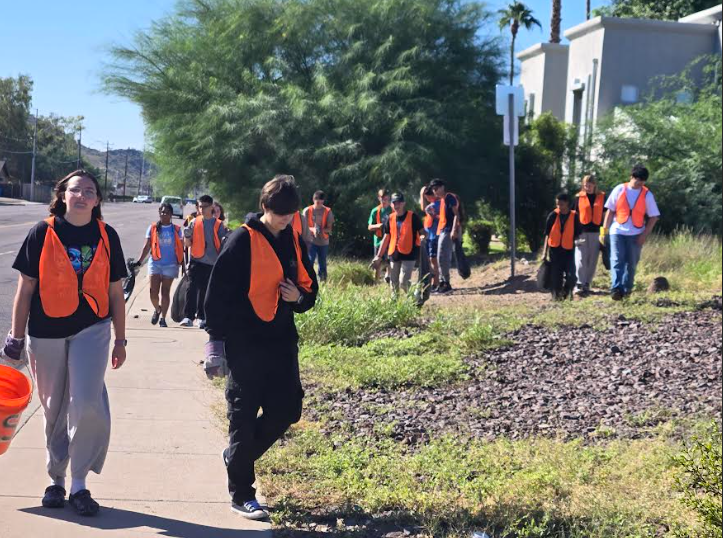
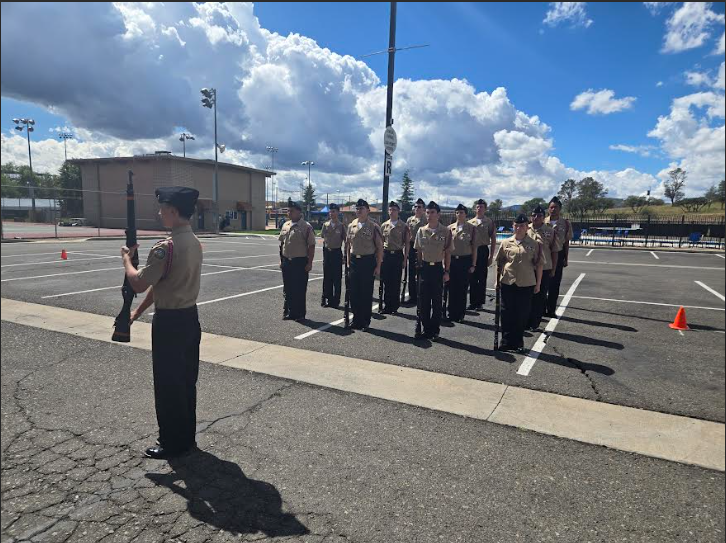
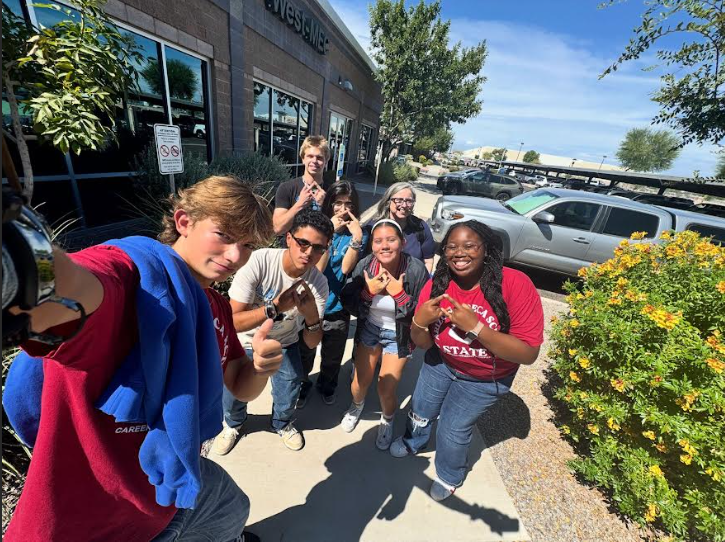


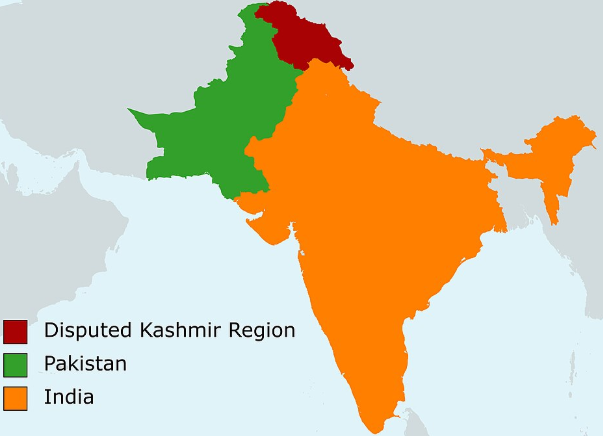



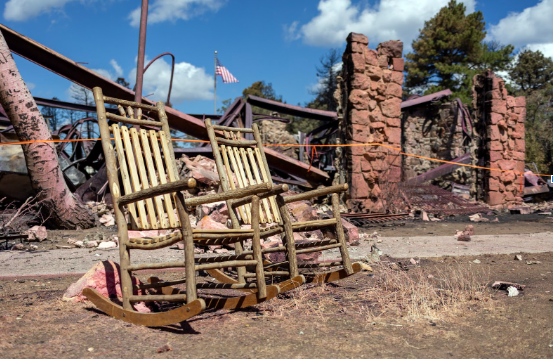
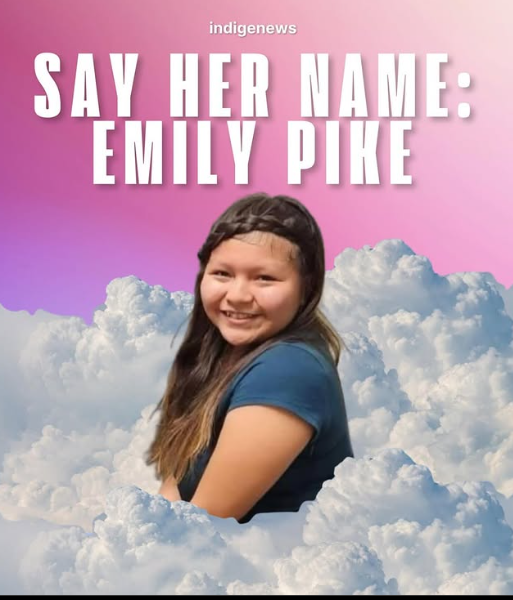

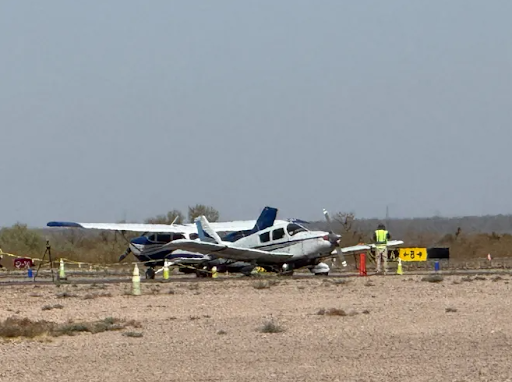




















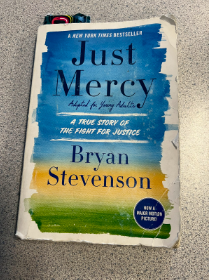
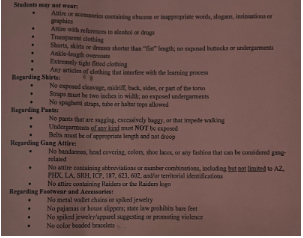



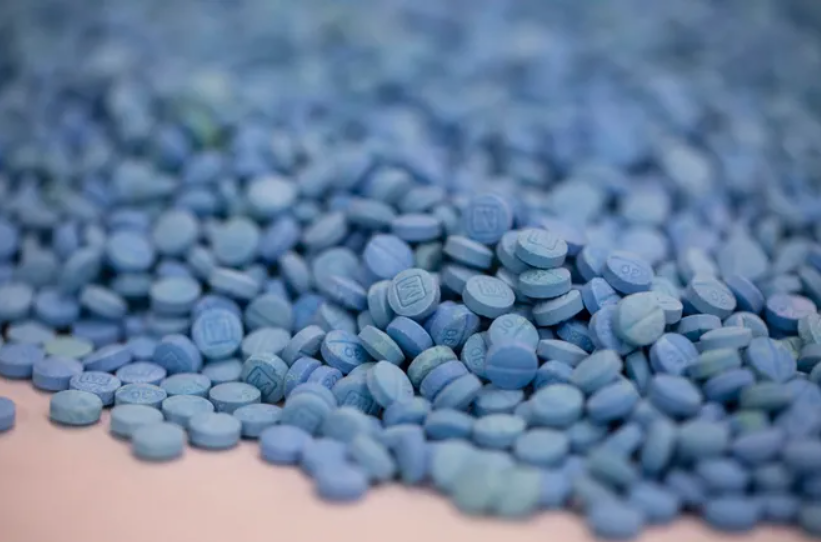
Amber Clemens • Apr 20, 2023 at 9:07 pm
LoveMEmoor, a new nonprofit organization ; President & Founder, Amber Clemens has lived in the valley half of her life (21years), and has watched the OPOID epidemic from both Youngstown, Ohio & right here in Phoenix, Arizona go from bad to worse over the last decade. With 5 years clean in
Recovery, she has started the nonprofit to raise Awareness on Addiction & Recovery for both the Addicted person & their families as well as Emotional Awareness, Education, Support and Solutions. A Community PepRally is being put together to hopefully, regularly start healing our communities!
Thanks so Much,
My Heart Goes Out To Each & Everyone Effected by the OPOID epidemic!
Amber Clemens